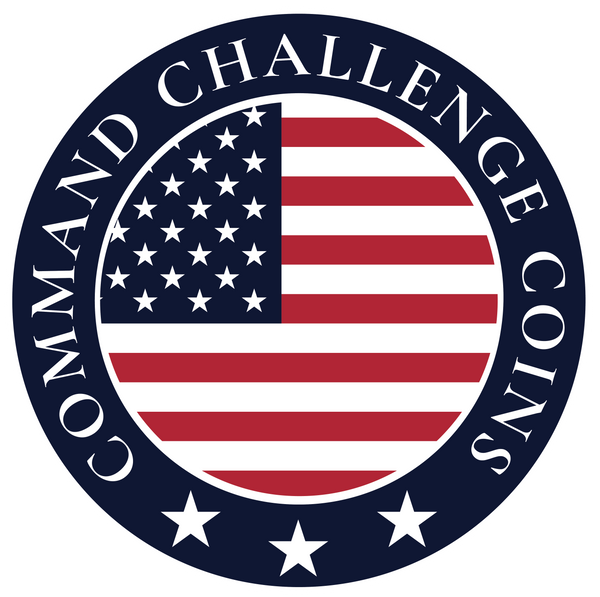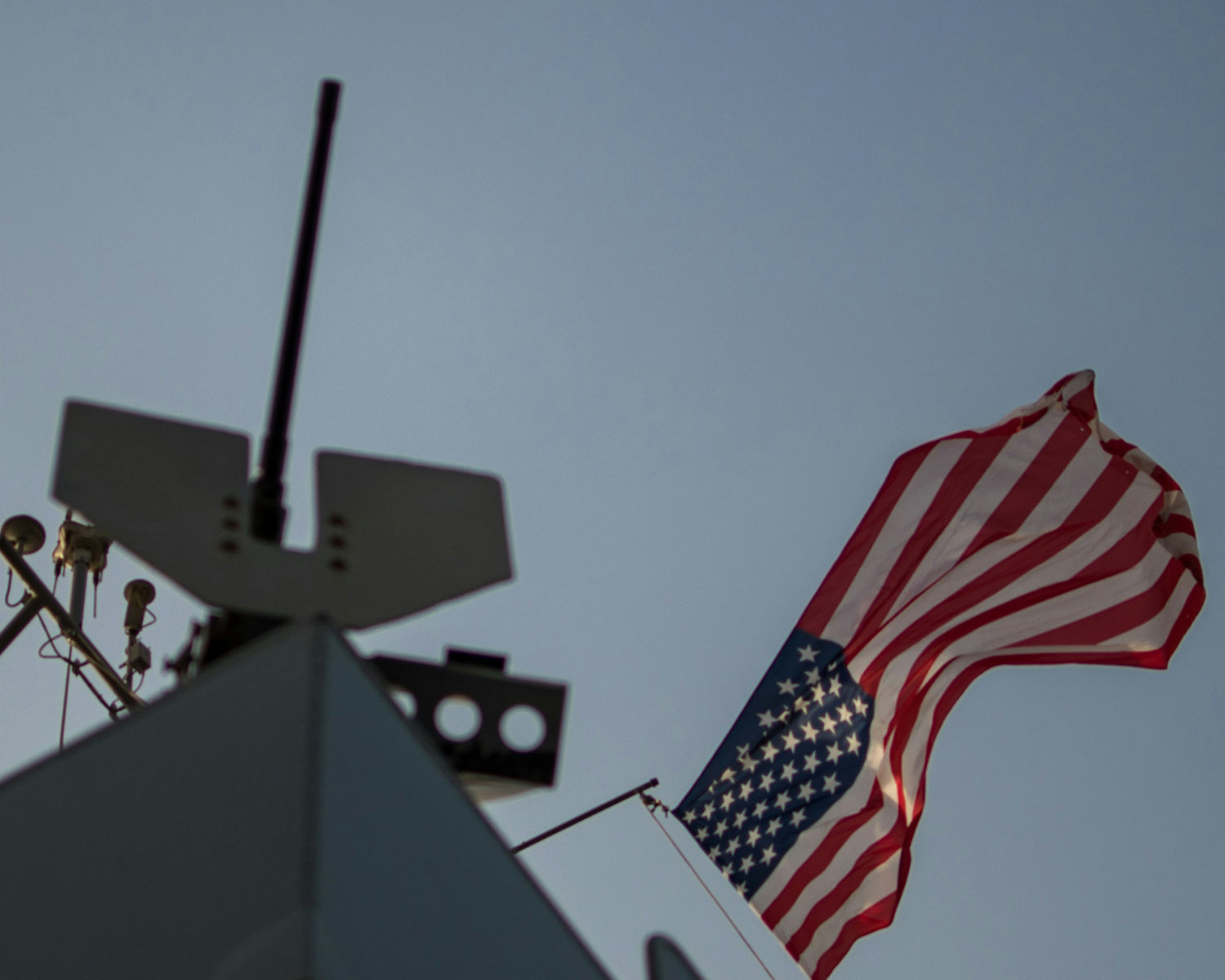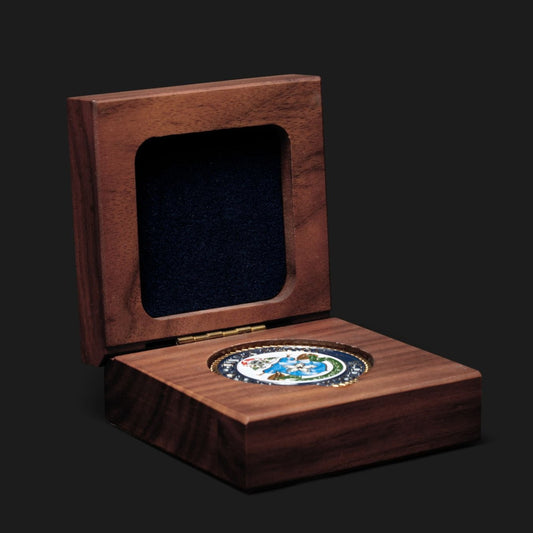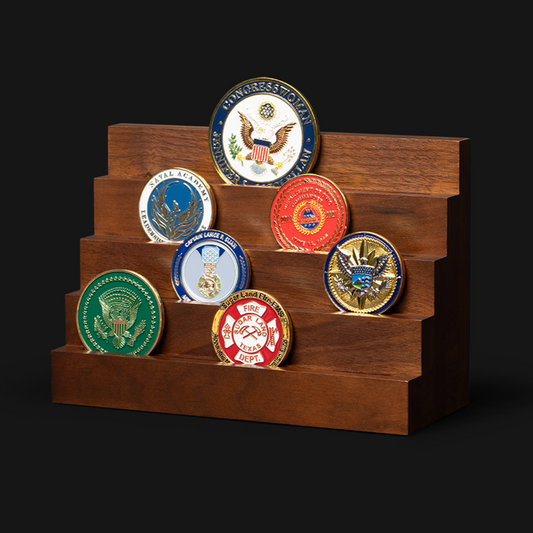
What to Expect at a Space Force Graduation
Renita WingfieldSpace Force graduation sets an entirely new standard for specialized defense in the final frontier. These ceremonies highlight the expertise, dedication, and advanced skill sets required to safeguard vital assets in orbit. Graduates reach this milestone after rigorous programs emphasizing leadership, technical prowess, and rapid integration of emerging tactics. Their journey reflects a readiness to fulfill complex missions and ensure the nation’s strategic advantage in space.
History and Significance of Space Force Graduation
Space Force graduation has grown into an essential milestone for the newest guardians of the nation’s security. Early ceremonies were modest, but they set the stage for a professional standard that recognized specialized training at the intersection of advanced technology and defense. The United States Space Force, formed as a distinct service branch in December 2019, shaped this event to honor readiness, resilience, and forward-thinking strategies. Modern gatherings celebrate specialized skill sets while paying tribute to the legacy that shaped this organization’s mission.
A strong foundation in space-based strategies encourages forward momentum for every new graduate. The investment in advanced education and rigorous training programs fosters improvements in communication, satellite operations, and global defense capabilities. This method motivates leaders to accelerate solutions that yield cost-effective results and measurable security gains over time.
Space Force BMT New Tradition
Recent ceremonies highlight a distinct portion of Basic Military Training (BMT) dedicated to space-oriented operations. This update supports the unique challenges that space force graduates face in areas like orbital warfare, satellite management, and technological innovations. Families and supporters often note that the updated BMT tradition fosters stronger bonds among trainees, instilling pride and an eagerness to embrace future responsibilities. The revised format also underscores critical leadership insights, encouraging each participant to identify opportunities for growth and strategic impact in the space sector.
Guardians completing BMT now experience an enhanced sense of community that values collaborative problem-solving and swift adoption of advanced tactics. That approach prepares them to integrate more seamlessly with allied agencies and departments, promoting cost-effective solutions that streamline vital missions. The new tradition at BMT sets a clear standard for the next phases of education, giving participants confidence in both their technical and leadership skills.
Training Programs for Space Force Graduates

Space operations demand targeted coursework that equips guardians with the strategies and technical proficiencies for specialized assignments. Each pathway promises growth, from fundamental drills to advanced academic pursuits. The focus is on time to value, where each segment of training drives practical outcomes and immediate mission readiness. Scalability matters as well, since the Space Force often requires solutions that manage large-scale tasks with minimal delays.
Resources within these training programs emphasize progressive leadership, efficient resource management, and accountability at every level. That emphasis helps space force graduates acquire the qualities that government and commercial partners expect. Comprehensive instruction ensures guardians gain the knowledge needed to innovate quickly, adapt to complex tasks, and maintain clear channels of governance. Many see these training tracks as a key element of a future-ready approach to national defense.
Basic Military Training
Basic Military Training introduces the fundamentals of discipline, physical endurance, and structured teamwork. Recruits learn essential protocols that prepare them for the precision and responsibility expected from space force graduates. Leadership instructors highlight the importance of speed to market, teaching recruits to deliver reliable outcomes under challenging conditions. This approach lays a foundation for advanced learning, guiding each participant to excel in technical roles that demand accuracy and resilience.
Officer Training School

Officer Training School focuses on shaping strategic thinkers ready to manage multi-faceted missions. Candidates strengthen communication skills and refine their approach to analyzing complex options, ensuring minimal waste of resources. The program highlights leadership in scenarios that require rapid assessment of threats, boosting readiness for major responsibilities. Graduates emerge equipped to evaluate stakeholder needs, coordinate successful missions, and align teams under a single strategic vision.
United States Air Force Academy
The United States Air Force Academy remains a vital source of officer candidates who eventually join the Space Force. These cadets merge academic excellence with focused flight and space studies. Instructors incorporate cutting-edge research on propulsion, orbital operations, and the physics of space travel, generating fresh opportunities for cost savings and optimized strategies. Graduates benefit from a wide network of mentors, often forming alliances that shape their future achievements in space programs.
Technical Training Schools

Technical Training Schools provide advanced instruction in fields like cyber defense, satellite communications, and engineering. Each course builds on the fundamental skills learned in earlier programs, ensuring a seamless pipeline of development for space force graduates. Cost-effectiveness is a key outcome, as specialized training prevents operational delays and secures precise resource allocation. Participants also gain hands-on experience, sharpening their problem-solving approach for complex real-time challenges.
Advanced Education Opportunities
Advanced Education Opportunities, such as postgraduate programs, support guardians seeking deeper expertise in areas like astrophysics or aerospace engineering. Those programs often connect students with leading institutions, promoting ongoing research and knowledge exchange. This proactive approach enhances overall mission impact, elevating the capacity of the entire Space Force. Graduates cultivate an invaluable skill set that aligns strategic vision with innovative ideas, driving effective outcomes at scale.
Roles and Responsibilities of Space Force Graduates

Guardians often assume leadership or specialized roles in satellite monitoring, space situational awareness, and orbital defense. Their expertise helps manage everything from global positioning assets to secure communications for allied nations. That degree of technical acumen intersects with project management, ensuring that systems remain operational and cost-efficient. Each space force graduate maintains a commitment to readiness, adapting to new technologies that promise measurable results.
Duties include running simulations that predict potential vulnerabilities and devising strategies to minimize operational risks. Coordinating with other branches, such as the Air Force and the Marine Corps, fosters synergy across various defense platforms. Graduates who excel in these responsibilities typically see significant career growth due to the ongoing need for skilled professionals in space security. Their blend of technical knowledge and strategic thinking keeps space missions on track and supports vital decision points for mission success.
Career Opportunities for Space Force Graduates
Space force graduates have a wide range of professional paths that extend beyond traditional defense settings. Each choice presents an avenue for problem-solving, leadership development, and tangible mission outcomes that protect national and commercial interests. Graduates often apply their technical or administrative background to accelerate time to value and support critical operations with minimal overhead. The following roles stand out as prime examples of how skill sets from Space Force service translate into diverse possibilities.
-
Satellite Operations Specialist: Manages satellite constellations, analyzes data, and maintains secure communication pathways for both government and private partners.
-
Space Systems Analyst: Evaluates current equipment and identifies areas for improved design, leveraging advanced software applications to streamline resource allocation.
-
Cybersecurity Specialist: Protects vital digital infrastructure from cyber attacks, ensuring that mission-critical platforms remain stable and cost-effective.
-
Intelligence Officer: Examines global activity in space, anticipates emerging threats, and offers guidance on strategic decisions for mission-ready units.
-
Aerospace Engineer: Designs and refines spacecraft components, focusing on reliability, efficiency, and minimal operational expenses.
Professionals in these roles often find that their Space Force background supplies a distinct advantage, as they arrive with a solid understanding of the complexities inherent to space-based missions. This expertise positions them for success in both government and corporate spheres, supporting national security while generating business impact. Many choose to pursue additional credentials to further specialize in emerging technologies, while others move into broader leadership positions. No matter the path, each graduate carries forward a commitment to scalability and innovation.
The Significance of Challenge Coins in Space Force Graduations

Challenge coins have long played a part in marking achievements within military culture, and space force graduation ceremonies embrace that tradition. Recipients often share these keepsakes with peers and mentors, recognizing the bond formed through shared experiences during training. Each coin captures a blend of history and progress, reminding guardians of the innovation required in their field. These keepsakes also reflect collaboration across units, reinforcing values that unify teams in pursuit of strategic objectives.
Commanders often present customized coins that reflect a unit’s identity, fostering pride in the specialized missions undertaken by space force graduates. That gesture promotes unity, which can be vital as guardians transition into new roles or advanced programs. Families commonly treasure these coins as a mark of personal achievement and a symbol of the graduate’s dedication to safeguarding national interests. These keepsakes also strengthen the legacy of each new generation, tying them to a heritage of service.
Special events commemorating space force graduation represent more than a ceremony. They signal the culmination of disciplined training, strategic thinking, and an unwavering commitment to excellence in defense. Specialized programs shape professionals who understand the nuances of orbital defense, cyber infrastructures, and collaborative partnerships that maximize outcomes for missions with global reach. That journey underscores the remarkable readiness of these graduates to meet ongoing challenges with confidence and ingenuity.
The future of the Space Force depends on a robust network of guardians prepared to innovate and deliver swift results. Ongoing investments in education, leadership development, and resource management will continue to shape the direction of this service branch. Each graduate carries valuable insights and the motivation to advance both national security and commercial possibilities. These achievements solidify the significance of each ceremony, illustrating how determination, skill, and tradition merge to protect vital interests in space.
Elevate your recognition with expertly crafted challenge coins and custom awards. At Command Challenge Coins, we specialize in creating high-quality, custom solutions tailored to your unique needs. From honoring service to celebrating achievements, our products are designed to inspire pride and leave a lasting impression. Explore how Command Challenge Coins can help you showcase excellence and commemorate milestones with unmatched precision and care. Let’s create something extraordinary.














